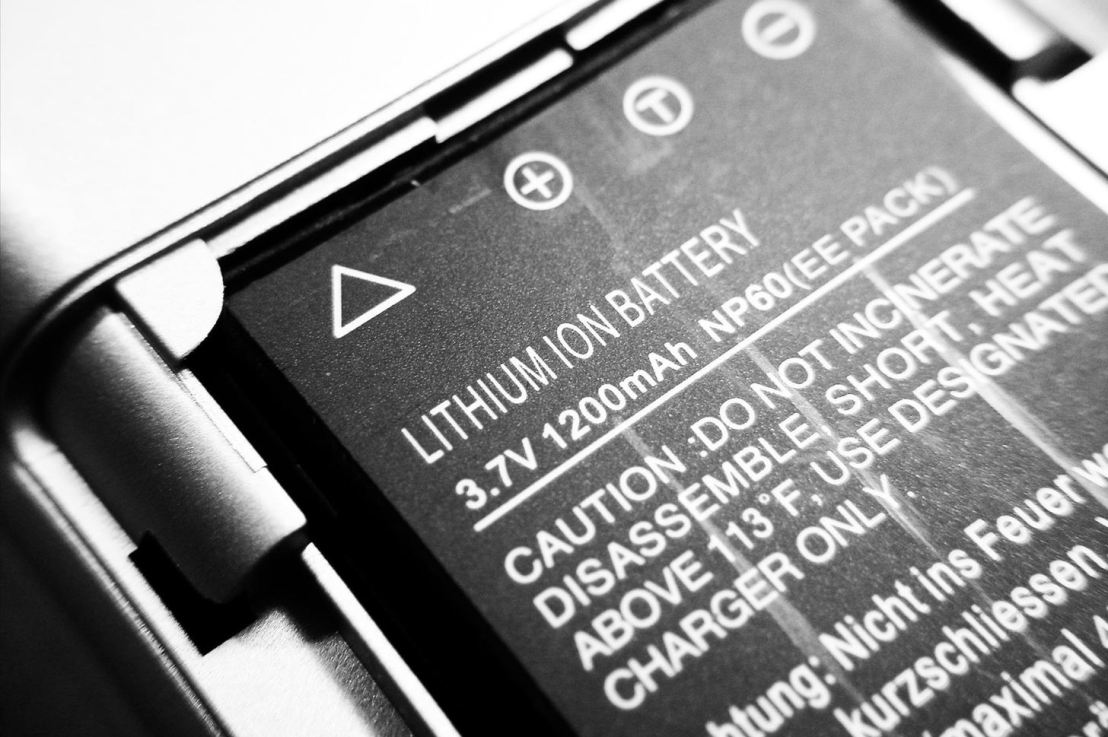Lithium ion batteries
01/24/17
“What exactly makes the type of batteries in your phone so special?”
You are probably hearing about special “lithium ion batteries” being featured in devices everywhere. But have you ever wondered what exactly makes them so special? Well, let’s take action and use our engineering mindset to figure this out. In contrast to traditional batteries, lithium ion batteries are constructed out of lithium and carbon. These elements are fairly light in nature, and lithium is also highly reactive, allowing these batteries to have a very high energy density. Quantitatively speaking, lithium-ion batteries can hold 150 watt hours in a single kilogram, only 1/6th of what is required for older lead acid batteries! Furthermore, Lithium Ion batteries lose their charge during storage at 1/4th of the rate other batteries do, can be recharged before being completely discharged, and can handle hundreds of charge/discharge cycles. This combination of high energy density and rechargeability makes lithium ion batteries terrific options to outfit mobile machines such as phones and cars. However, the same highly reactive property that makes them so effective with energy storage also causes structural instability, since they start degrading once they begin degrading once they leave the factory and can be very prone to unintended and dangerous heat-induced chemical reactions such as explosions.

150 Wh/kg looks like a good number until you compare with petrol which sports 10 kWh/kg or more if you measure the heat you can generate but still up to 3-4 kWh/kg if you measure at the axle of the engine. That’s why it is so hard to replace petol driven cars and even more so trucks and tractors.
LikeLiked by 1 person
Dear Bengt,
Thank you very much for your feedback, learning from you is always a pleasure. Commit as much as you like!
LikeLike